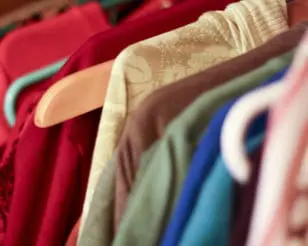Carbon Footprint, Events, News, Sustainability
Sustainable Clothing Business Leaders’ Round Table: Update
The European Commission estimates that clothing represents the fourth largest environmental footprint of EU consumption and that its impacts are significant over a range of environmental issues. So reducing the impacts of production, use and disposal of clothing is vital for tackling key environmental challenges, including climate change and freshwater scarcity and pollution.
Dr Stephen Allen, director of Circular Ecology, recently spoke at a Clothing Business Leader’s Round Table, held at the RSA (Royal Society for the encouragement of Arts, Manufactures and Commerce) in London. He presented key options for measuring and reporting environmental performance, the pros and cons of the methods, and how effective use of measurement tools can support environmental improvements and communications.
This follows Steve’s work for the Sustainable Clothing Action Plan to help leading clothing retailers and brands to measure and reduce their carbon, water and waste footprints in line with the SCAP 2020 Commitment.
A range of leading brands, retailers and industry associations attended including M&S, Sainsbury’s, Thomas Pink, New Look, John Lewis, Oasis, Tesco, Shop Direct, Primark, Aurora Group and the European Outdoor Group. Supported by the University of Leeds’ Design School, the event provided attendees with a platform for collaborative discussion on key challenges and successes, and hence support with action to improve the sustainability of clothing. The event was held in a partnership between the Leeds School of Design, SRS Sustainable Business, LRS Consultancy, Wellington Green and Circular Ecology.

